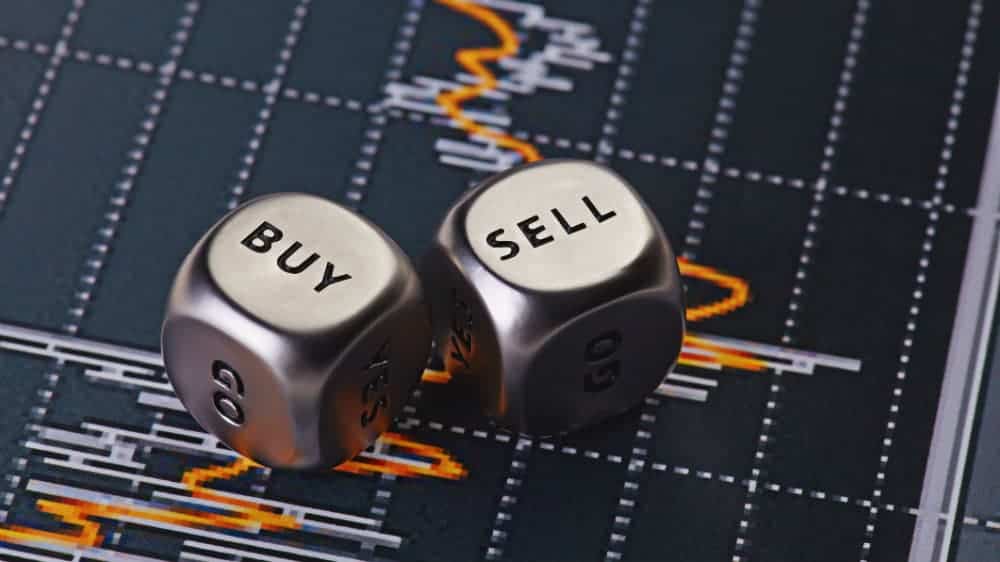You might have seen mentions about the American stock market being expensive right now. Perhaps this has left you wondering what that actually means and whether it’s still worth investing in US shares.
We’ll explain exactly what a high-cost market means and, more importantly, how it might impact your investing strategy.
[top_pitch]
What does it mean if a stock market is expensive?
Current information from Fidelity International calculates that American shares are trading at a price-to-earnings (P/E ratio) of 20.5. The P/E ratio is an important tool for fundamental stock analysis. Don’t worry, it’s not as complicated as it sounds.
The P/E ratio is one of the main methods used to assess whether stocks are overvalued or undervalued. It’s calculated by dividing the market value of the shares by the actual earnings of those shares. A key thing to remember is that a high share price doesn’t necessarily mean a company is making a lot of money.
This US figure means that the market is valued at over twenty times what is actually being made in real money and earnings. The P/E ratio doesn’t give you a complete picture, but it is a useful indicator to get a snapshot of a company or a market.
Why is the American market expensive right now?
There are a few reasons why US shares are expensive at the moment:
- Interest rates at the banks are very low
- Bonds are only offering low returns
- Lots of people in America have received multiple stimulus cheques
- There’s concern that the injection of so many new dollars into the economy will lead to inflation
All of these factors have led to lots of people putting their money into the stock market instead of elsewhere. This buying of shares pushes up the price because every company only has a limited amount of stock available.
Because of the coronavirus pandemic, lots of companies haven’t been able to make as much money as they might have done otherwise. So even though some businesses are earning less, money is still pouring into the market.
Is an expensive stock market good or bad?
You might also be wondering why people are still investing if the market is over-priced. Under more normal circumstances, this high P/E ratio would be much more alarming.
However, everything that’s happening in the world has created somewhat of a perfect storm. It makes sense that this figure is high. Demand for shares from investors is at peak levels and companies have limitations on how much money they can make right now.
An expensive stock market isn’t ideal. But it’s not truly worrying because there are rational reasons that help to explain its high price.
[middle_pitch]
Will the market get cheaper?
A lot of people are hoping that once things get back to normal, businesses will begin making more money again. This should, in theory, help lower the overall P/E ratio of the market.
However, there’s not really anything on the horizon signalling that people are going to stop putting their money to work in the market. Technology companies are only growing in popularity and these tend to trade at high P/E ratios anyway.
It may be the case that some companies become better value, but it could also be that the market is only going to expand from here.
Is it still worth investing in the American stock market?
All of this might make you think it’s better to wait on the sidelines instead of investing. Just remember that an expensive market doesn’t guarantee prices will come down. What’s thought of as expensive now might even be considered a bargain in future!
Earnings could rise to make the market seem a lot more reasonable. Although the whole market seems quite pricey, it doesn’t mean that there’s no value out there. The growth of technology stocks might slow down but other industries could begin to make more money and pick up the slack.
There’s always going to be lots of market movement and the value of your investments could go up and down over your lifetime. Often, the best strategy is to invest consistently over the long term. This way you’ll be able to buy shares whether the market is cheap or expensive.







